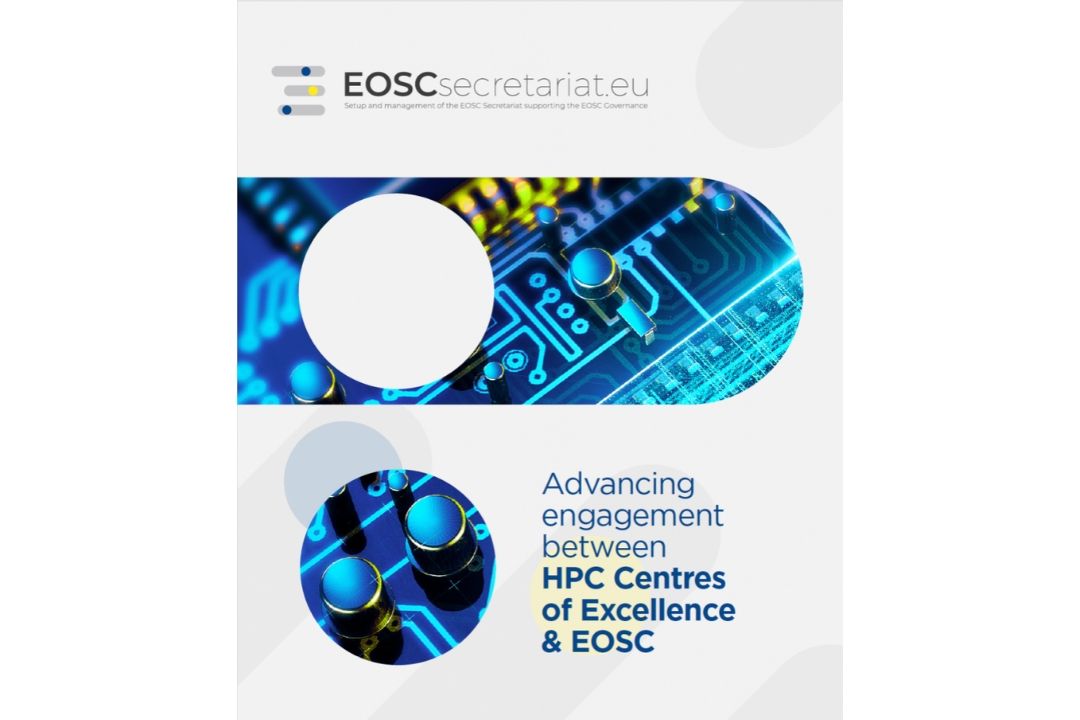Fireside chats for lockdown times: A gentle introduction to density-functional theory April 15-17, 2020
3 public live webinars "Fireside chats for lockdown times: A gentle introduction to density-functional theory" by Nicola Marzari.
Three conversations on the theory and the practice of DFT calculations, each 2 hours long, aimed either at experimental scientists that want to learn more about the field, or at researchers that want to start learning more about simulations.
Dates
----
Wed Apr 15, 3pm-5pm CEST: Density-functional theory. An introduction to electronic-structure methods and in particular density-functional theory.
Suitable for everyone that wants to learn what DFT is.
----
Thu Apr 16, 3pm-5pm CEST: Density-functional practice. An introduction to calculations using the total energy, planewaves, pseudopotential method.
Suitable for everyone that wants to learn how to perform a DFT calculation. A self-learning handout and a virtual machine with pre-installed open-source quantum-simulation codes are also available - using Quantum ESPRESSO.
----
Fri Apr 17, 3pm-5pm CEST: Applications and limitations. An introduction to the properties that can be calculated with DFT, their accuracy, and the practical or conceptual limitations for such calculations.
Suitable for everyone that wants to learn what can, or cannot, be done with DFT.
---
Details on how to follow these 3 webinars are available here
The webinar videos will be recorded and made available (together with the slides) in the Learn section of the Materials Cloud; during the webinar, participants will be able to type questions in the live chat; answers to the most topical ones will be provided later in a PDF file, also in the Learn section. For those wanting to try their hands at simulations, there will be the chance to do so after the second webinar, using the Quantum Mobile virtual machine, that can run on any computer (Windows, Max, Linux...) with an Ubuntu Linux environment pre-installed with many open-source simulation codes (we'll use Quantum ESPRESSO). Links to the Quantum Mobile and the GitHub tutorial material will also be available in the Learn subsection.
With many thanks to MARVEL and MaX, for the IT infrastructure, and to all the team and partners of the Materials Cloud.



